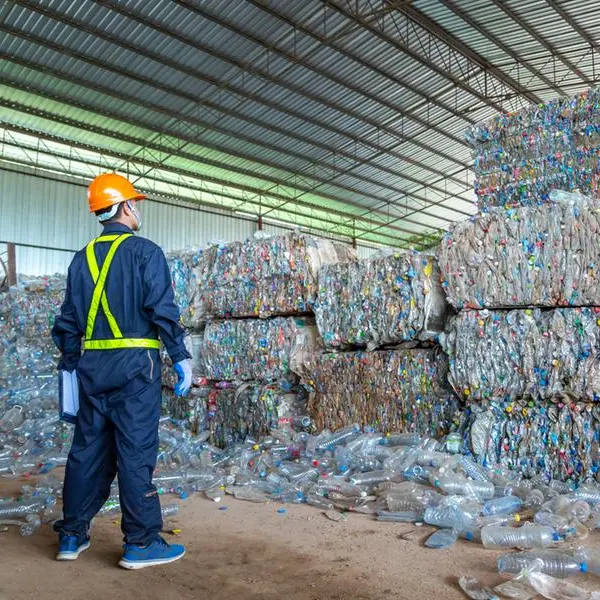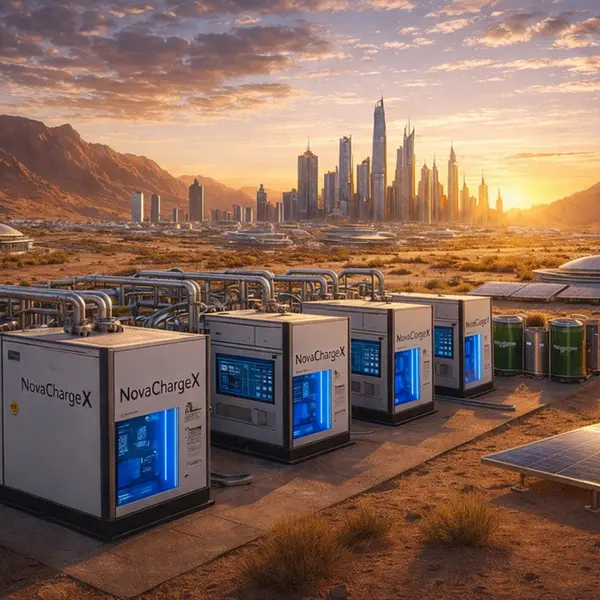PHOTO
Australia is within "striking distance" of its U.N. emissions reduction goals thanks to a raft of new decarbonisation policies, energy minister Chris Bowen said on Thursday as he prepared to travel to Dubai for the COP28 climate summit.
New government modeling released on Thursday projects emissions will fall to 42% below 2005 levels by 2030, versus the 40% reduction forecast last year.
Bowen said the progress put Australia in a good position to achieve its 43% by 2030 goal, which is an increase on the previous conservative government's policy of 26% to 28%.
The modeling includes a variety of programs announced by the government to cut emissions including a plan last week to underwrite 32 gigawatts of new wind, solar and battery deployment.
The centre-left Labor government is trying to rid Australia, one of the world's top coal and natural gas exporters, of a reputation for half-hearted action on climate change acquired under previous conservative governments.
"Unlike years gone past – Australians can be proud that there is a Government which not only has a comprehensive plan for action at home, but will be pushing for stronger action globally," Bowen, also climate change minister, told parliament.
Bowen also said Australia backs a plan to triple global renewable energy. Australia will also push for all major economies to provide cash for a global climate damage fund, "not a list set in 1992," a reference to calls for countries including China and the United Arab Emirates to also contribute.
Speaking about the emissions reduction plans, Bowen said the government would introduce fuel efficiency standards for light vehicles, but a proposal for net zero by 2040 was "premature" given no other sector had such targets.
Australia and Russia are the only advanced economies without fuel efficiency standards.
Transport emissions, of which light vehicles make up almost two-thirds, rose 7.8% from 2022, Thursday's modeling showed. (Reporting by Lewis Jackson; editing by Miral Fahmy)





















